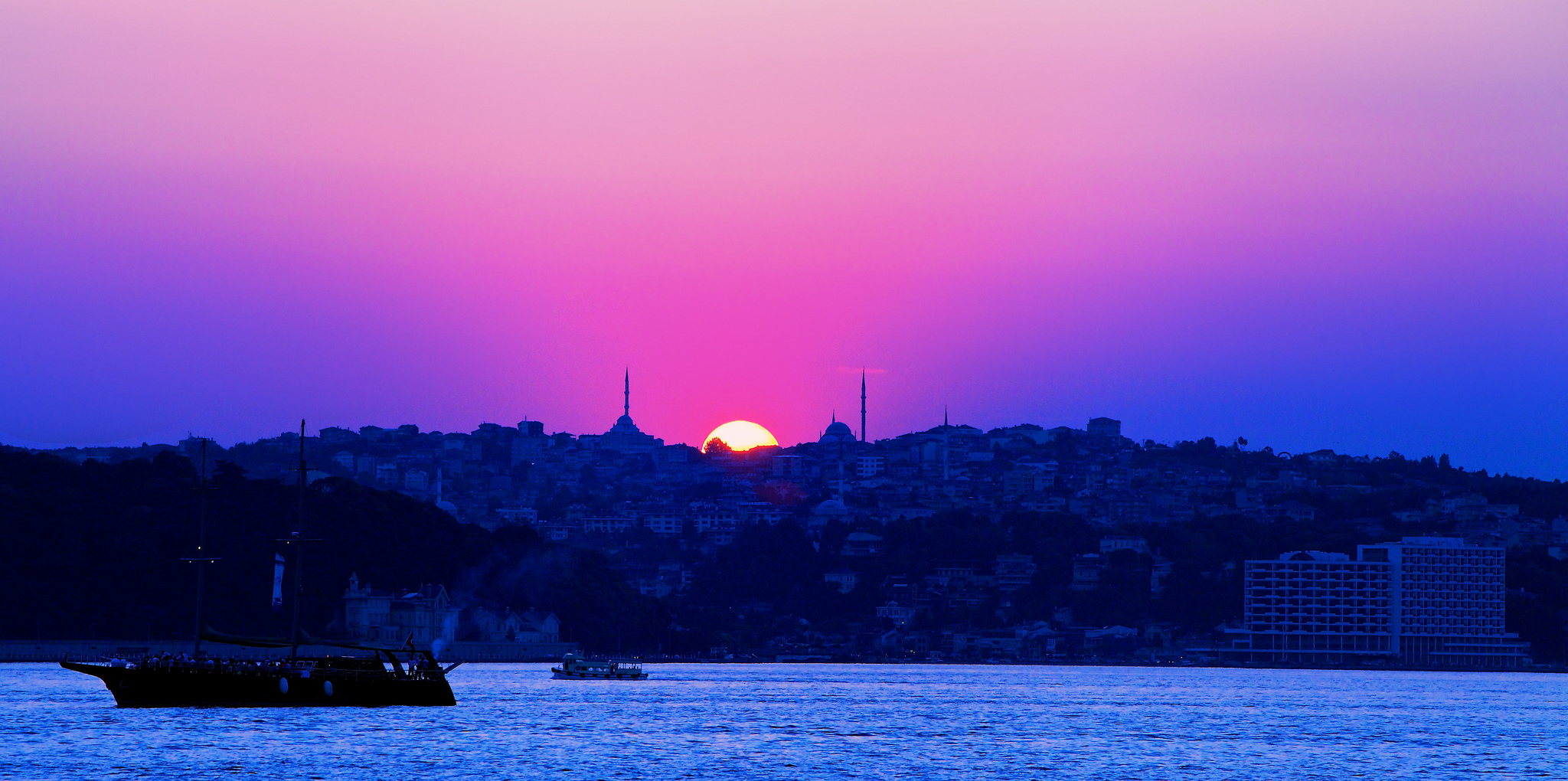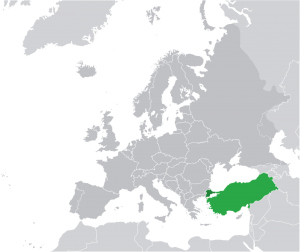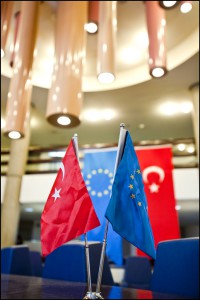This is the second part of a 4-part series, discussing the pros and cons of an accession of Turkey to the European Union from all angles. Check the blog regularly or sign up to our newsletter to be notified as soon as the following parts are available. You will find the first part here.
In the previous article, I tried to clarify why Turkey should become a member of the EU from the EU’s perspective. In the second part, I will look at the issue from Turkey’s perspective instead.

Promoting democracy in Turkey via EU reforms
Turkey has been transforming itself into a more democratic country. Throughout its political history, Turkish people have seen 4 military coups, which made Turkey weak, but for a long time, Turkey has been enjoying that there has been no possibility of a new military coup. To be honest, this is due to the EU reforms made by today’s government. For example, the National Security Council was at the centre of Turkish politics because it was clear that it was often acting above the Grand National Assembly. When the negotiations between Turkey and the EU started, this issue (power of the Council) was one of the arguments against Turkey. The EU was right because in EU member states there is no such an institution which has more power than the National Assemblies. Today, Turkey is more democratic. Furthermore, the human rights record is much better; women’s rights are discussed every day; children’s rights are daily life’s debates and indeed animal rights are more visible… Thus, today, if we talk about rights, freedoms and related topics, the positive changes are due to the EU reforms, so when Turkey is a member, these values will be upheld better.
Travelling Europe without any visa
The most important benefit of being a member of the EU is of course “travelling Europe without any visa”. I, as a university student, like seeing new places but unfortunately since Turkey is out of the EU, I have to get visa every time. This makes me unhappy because every time I have to pay money, I have to collect documents, and I have to wait. However, when Turkey becomes a member, from Istanbul, an impressive city in Europe, to London, Paris, Berlin, Brussels, Amsterdam, Lisbon, and many other capitals in the EU member states, the Turkish people will be able to travel more…
Working together for global peace
“Turkey cooperates extensively with the EU on almost every policy field including foreign policy issues. Turkey’s contribution to the EU’s security and defence policy is really clear. The EU is Turkey’s main economic and political partner. As a factor of stability in its region, Turkey’s membership to the EU would also contribute to regional and global peace and stability as well as the dissemination of universal values to a wider geography.” (1)
A greater voice in international arena

When Turkey becomes a member of the EU, it will have a greater voice in the international arena because the EU as a whole would include 29 countries. Instead of being alone in issues, Turkey with its friends within the EU will rule with a common foreign policy. This will make Turkey stronger because the problems of Turkey will be shared by other members like the problems of the EU will be shared by Turkey.
Also, although Turkey is not a member of the EU, it is a member of the Customs Union. The EU is Turkey’s main trade partner. 40% of Turkey’s total trade is with the European Union. Every year, total trade between Turkey and the EU increases. This underlines the importance of the EU as a large and secure market for Turkey. By the way, Turkey as a member will have more shares in international trade.
All in all, Turkey has been a part of the European family for a long time. “Since the foundation of the Republic, Turkey has taken part in almost all European institutions, in most of them as a founding member. Turkey has made considerable contributions to the formation of the current European architecture through the constructive role it played within international organizations such as the Council of Europe, OECD, NATO and OSCE.” (2) So the membership of Turkey to the EU will be based on a “win-win” situation. Everybody will be more pleased…
References:
- http://www.mfa.gov.tr/questions.en.mfa (20.20.2014)
- http://www.mfa.gov.tr/questions.en.mfa (20.20.2014)
About the author:
 Hacı Mehmet Boyraz (21) is a student of International Relations with Political Science and Public Administration at Gediz University in İzmir.
Hacı Mehmet Boyraz (21) is a student of International Relations with Political Science and Public Administration at Gediz University in İzmir.


 lessandra
lessandra